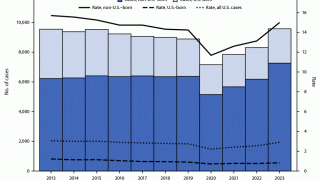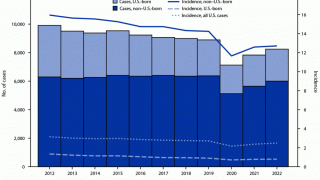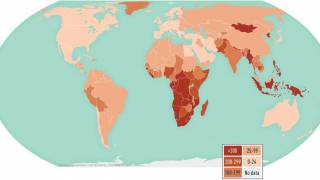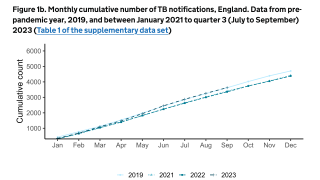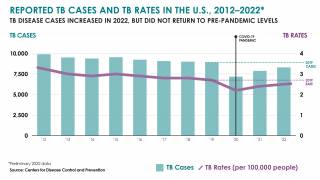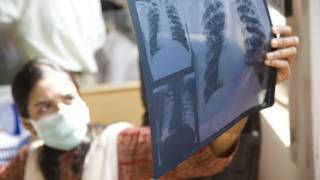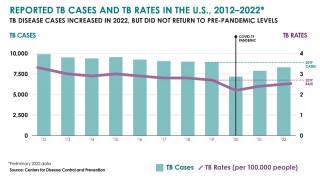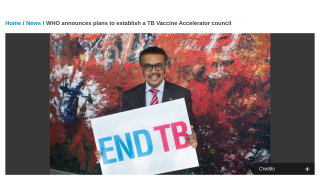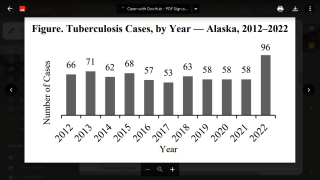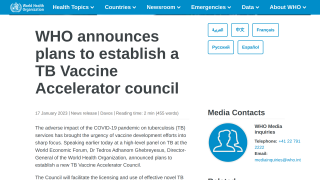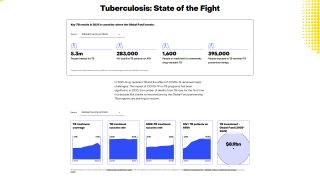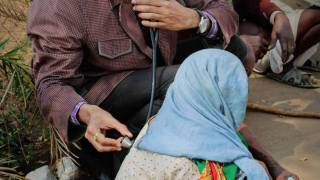An Old Vaccine Keeps Getting Better

New research about an old vaccine showed once again how effective it is, but also suggests the Bacille Calmette-Guerin (BCG) vaccine improves our immune response to a wider range of bacteria than originally intended.
A new study published on July 12, 2019, by the University of Otago, Wellington, found the BCG vaccine, which has been in use since 1921, gave stronger protection and appeared to last far longer than previously thought.
Previous studies have given widely different results on the effectiveness of BCG and its effectiveness had been questioned in the past, said Principal investigator Dr. Ayesha Verrall, who is also an infectious diseases physician at Wellington Hospital, in a press release.
“Our research has shown that the people who remained uninfected were truly immune, and not just lucky and uninfected. This is also supported by the fact they have stronger innate immune responses.”
“We also found this protection was associated with stronger innate immune responses to a range of different bacteria, suggesting BCG protects people by ‘training’ their innate immune cells.”
“This is different from how vaccines are conventionally thought to work, through inducing memory cells to make antibodies that are highly specific to a particular bacteria.”
“Our finding that the BCG vaccine appears to work through the innate immune system is consistent with it having broader benefits than just TB protection. These non-specific effects are really interesting and need further study.”
Tuberlecuois vaccine news
- Pulmonary Tuberculosis Vaccine Candidate Shows Promise
- Temperature-Stable TB Vaccine Candidate Launches Phase 1 Study
- Diagnosing Latent Tuberculosis Infection
According to the World Health Organization, approximately 1.7 billion people—23 percent of the world’s population—have latent TB infection and carry the risk of developing TB during their lifetime.
Tuberlucious vaccines
The BCG vaccine is not widely used in the United States, but it is often given to infants and small children in other countries where TB is common, says the US Centers for Disease Control and Prevention (CDC).
In the United States, BCG should be considered for only very select people who meet specific criteria and in consultation with a TB expert. Healthcare providers who are considering BCG vaccination for their patients are encouraged to discuss this intervention with the TB control program in their area.
In the USA, the BCG vaccination should only be considered for children who have a negative TB test and who are continually exposed and cannot be separated from adults who:
- Are untreated or ineffectively treated for TB disease, and the child cannot be given long-term primary preventive treatment for TB infection; or
- Have TB disease caused by strains resistant to isoniazid and rifampin.
Future tuberculosis vaccines would ideally target both M. tuberculosis-infected and uninfected adolescents and adults said these researchers.
Dr. Verrall is about to start a new field study to see if BCG vaccination works by adding chemical marks to innate immune cells’ DNA, leading to a “boost” for innate immune responses. This new work is funded by the New Zealand Health Research Council.
The research was part of a long-standing collaboration on TB between the University of Otago’s Centre for International Health, Universitas Padjadjaran, and Radboud University.
Our Trust Standards: Medical Advisory Committee


